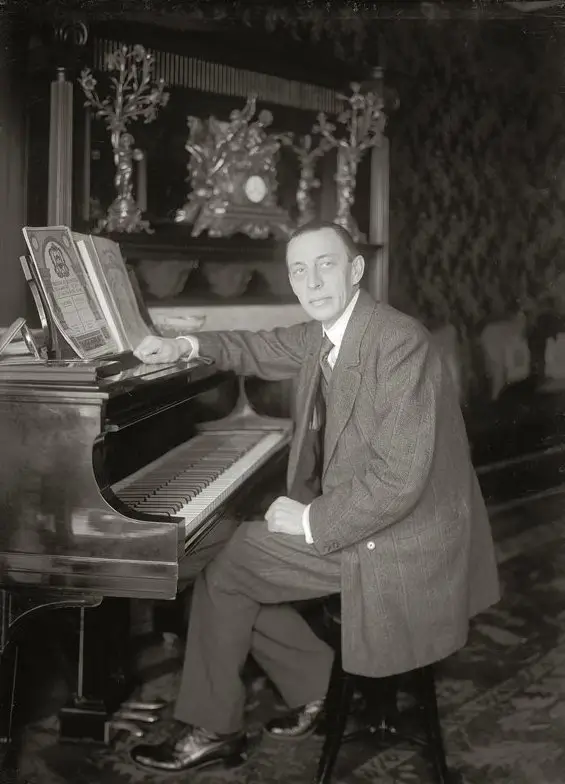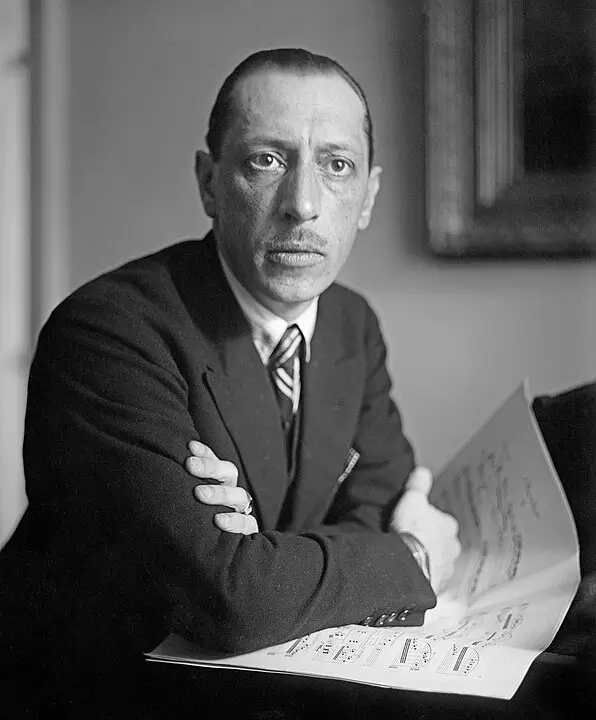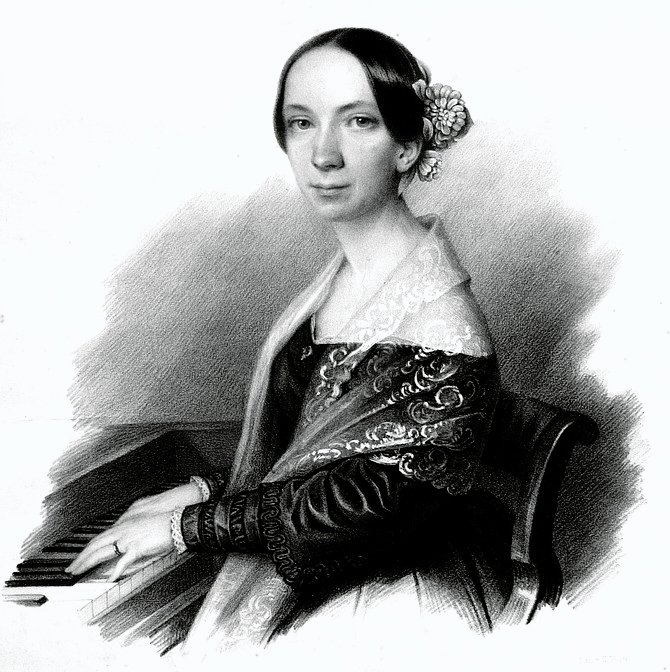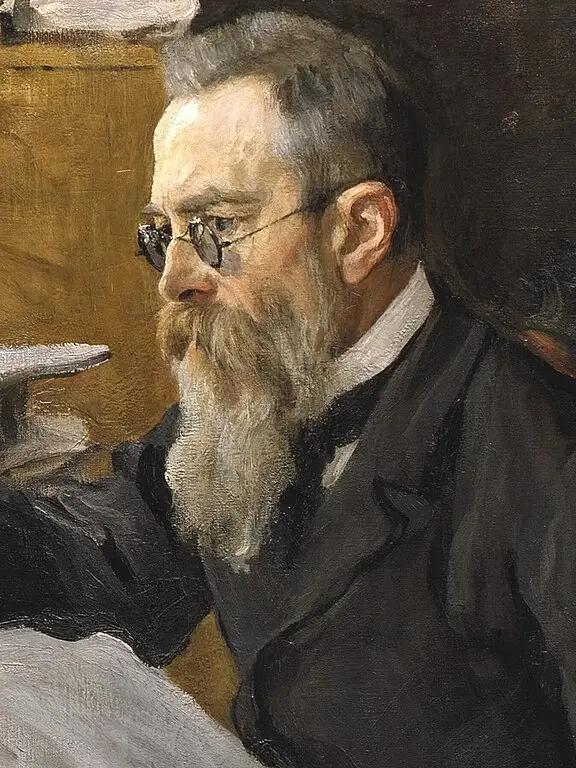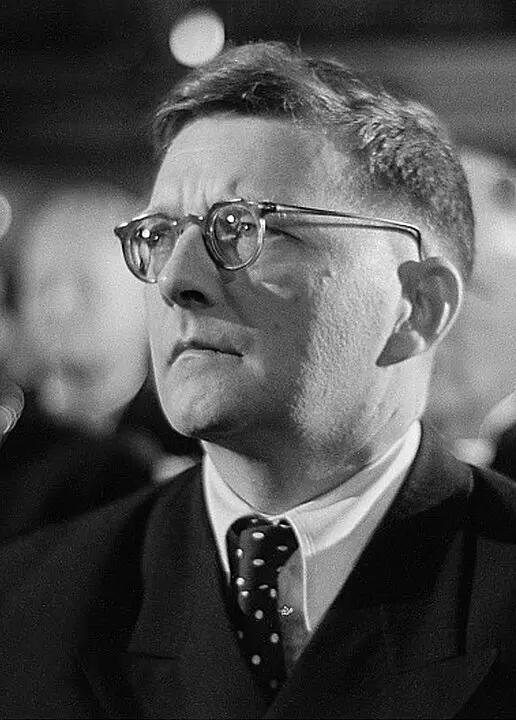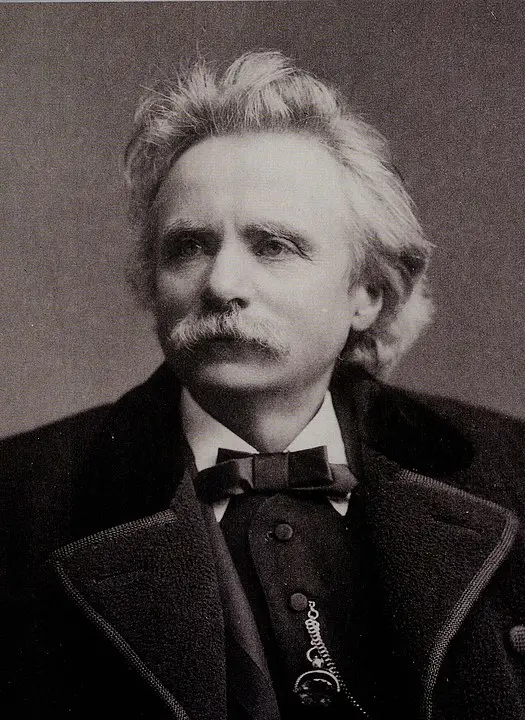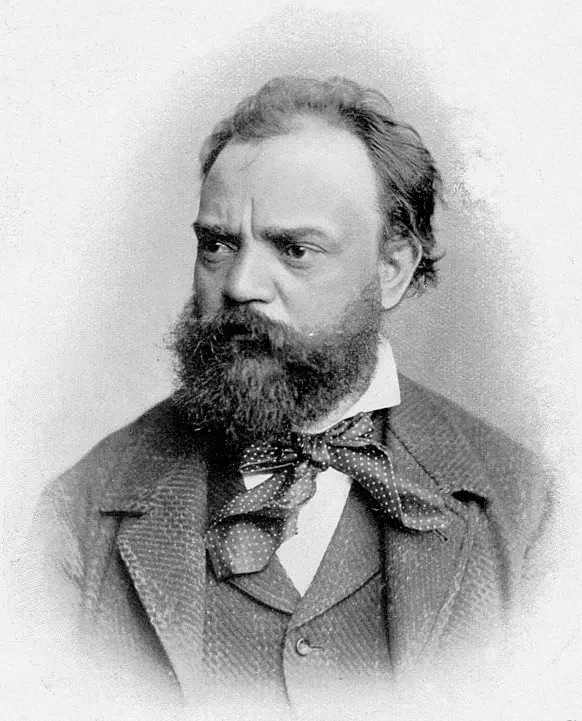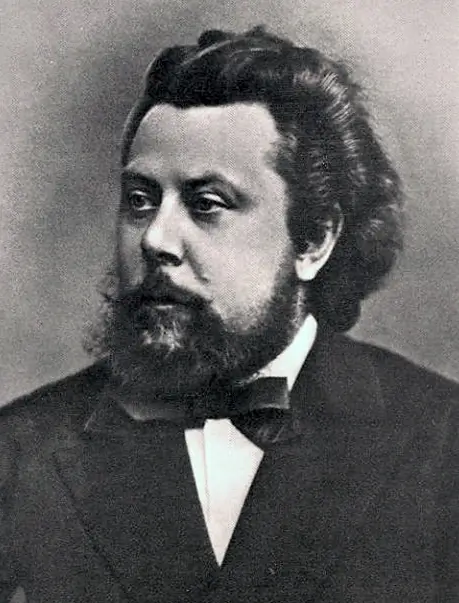Introduction
Sergei Vasilievich Rachmaninoff, a name synonymous with the romantic era of classical music, remains one of the towering figures in the world of classical composition and piano performance. His works, characterized by their melodic intensity and technical complexity, continue to resonate with audiences and performers alike. This article explores the life and legacy of Rachmaninoff, delving into his early beginnings, musical training, major compositions, and the profound connections he forged with other composers. Additionally, it examines his personal character, philosophical outlook, and the impact of his environment on his work, concluding with reflections on his death and enduring legacy.
Early Life
Born on April 1, 1873, in Semyonovo, Russia, Sergei Rachmaninoff was the son of an aristocratic family whose financial stability was precarious. His early exposure to music came from his mother, who was a pianist. This foundational influence was crucial in shaping his musical sensibilities. By the age of four, Rachmaninoff was already demonstrating an affinity for the piano, and his mother nurtured this talent by arranging piano lessons.
The financial decline of his family led them to move to Saint Petersburg, where Rachmaninoff enrolled in the Conservatory. However, his time in Saint Petersburg was marred by personal tragedy and academic challenges, leading to his move to the Moscow Conservatory. It was here, under the tutelage of Nikolai Zverev and later Alexander Siloti (his cousin), that his skills and passion for music were honed.
Musical Training and Development
At the Moscow Conservatory, Rachmaninoff underwent rigorous musical training. He studied piano under Siloti and composition under Sergei Taneyev and Anton Arensky. His time at the conservatory was marked by a blend of hard work and burgeoning talent, which culminated in him winning the Gold Medal in piano upon his graduation in 1892.
Rachmaninoff’s early compositions during his student years, such as the opera “Aleko” and his “Prelude in C# Minor,” received critical acclaim, setting the stage for his future successes. However, his career was not without setbacks. The poor reception of his Symphony No. 1 in 1897 led to a period of depression and self-doubt, which he later overcame with the help of therapy and a renewed focus on composition.
Major Works and Compositions
Rachmaninoff’s oeuvre is vast and varied, including symphonies, concertos, operas, and solo piano works. His Piano Concerto No. 2, composed after his recovery from clinical depression, is particularly renowned for its emotional depth and technical prowess. This concerto not only regained his confidence but also won him critical and public acclaim.
Other significant works include his Symphony No. 2, the Rhapsody on a Theme of Paganini, and the Vespers. Each piece showcases his ability to blend melodious lines with intricate harmonies, a hallmark of his style that makes his music both challenging and rewarding to perform.
Connections to Other Composers
Rachmaninoff was contemporaneous with many great composers, but his style was distinctly his own. While he admired the works of Tchaikovsky, Rimsky-Korsakov, and Mussorgsky, he also had a profound respect for the works of Johann Sebastian Bach, whose compositions influenced his development of musical form and counterpoint.
His move to the United States in the later part of his life brought him into contact with other major composers and conductors of the time, such as Igor Stravinsky and Leonard Bernstein, though his style remained largely rooted in the romantic tradition, somewhat isolated from the modernist movements of the early 20th century.
Character and Philosophy
Rachmaninoff was known for his reserved personality and deep introspection, traits that permeated his compositions. He believed in the power of melody to express the inexpressible, often quoting “Music is enough for a lifetime, but a lifetime is not enough for music.” This philosophy underpinned his approach to composition and performance, driving him to perfectionism and a relentless pursuit of emotional expression through music.
Life in Moscow
Rachmaninoff spent significant portions of his life in Moscow, Saint Petersburg, and later in New York and Beverly Hills. Each city left its mark on his compositions. Moscow, with its rich cultural heritage, imbued him with a sense of Russian musical identity. In contrast, his later years in America exposed him to new audiences and musical styles, though he remained deeply connected to his Russian roots.
Death and Legacy
Sergei Rachmaninoff died on March 28, 1943, in Beverly Hills, California. He left behind a rich legacy that has influenced countless musicians and composers. His works continue to be studied, performed, and revered around the world.
Rachmaninoff’s influence extends beyond just compositions; his approach to piano playing, characterized by its expressive depth and technical precision, has shaped generations of pianists. His legacy is not just in the notes he wrote but in the emotional and philosophical depth he brought to the music world, making him a beacon for those who seek to express the deepest human emotions through music.

